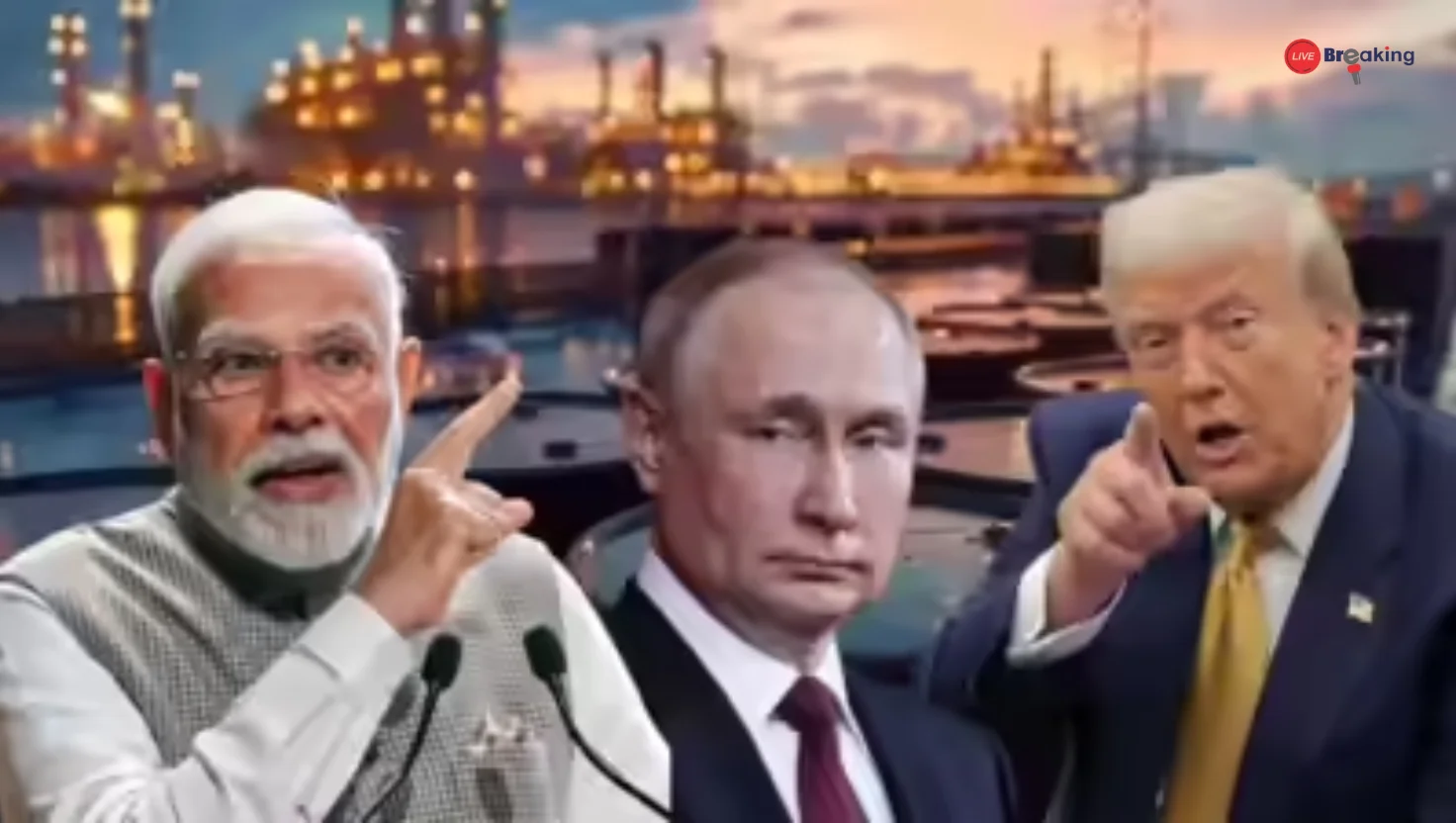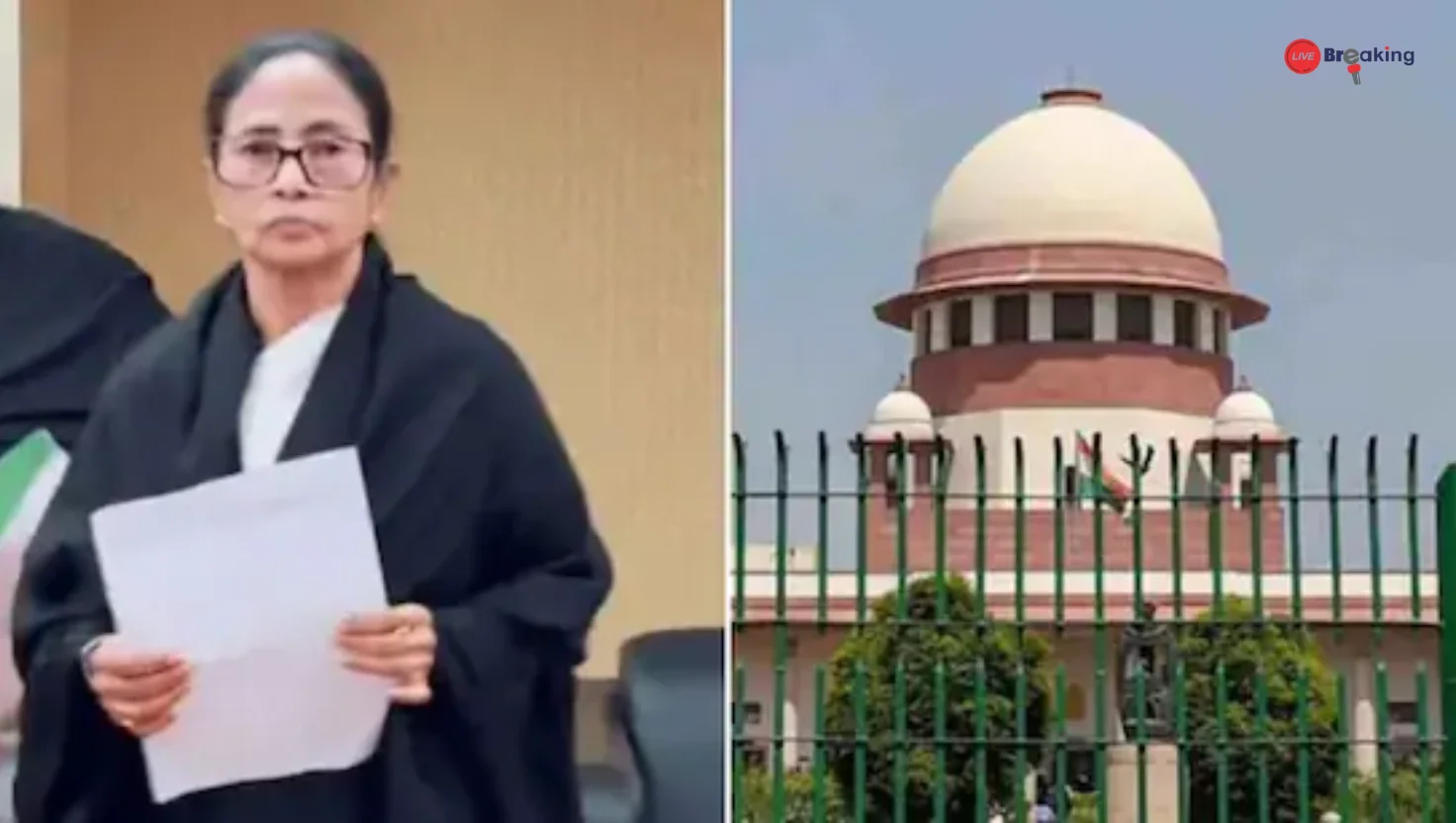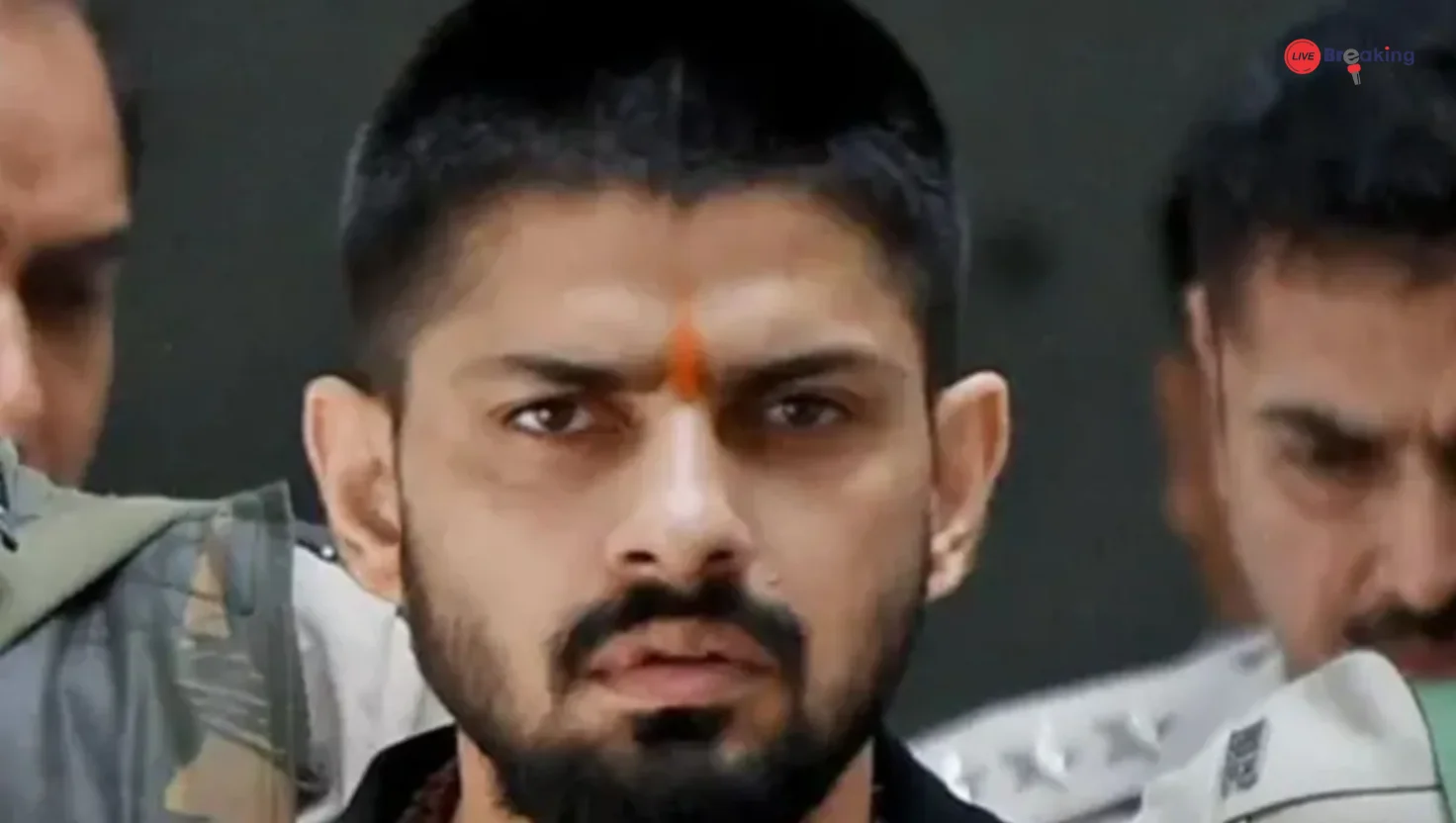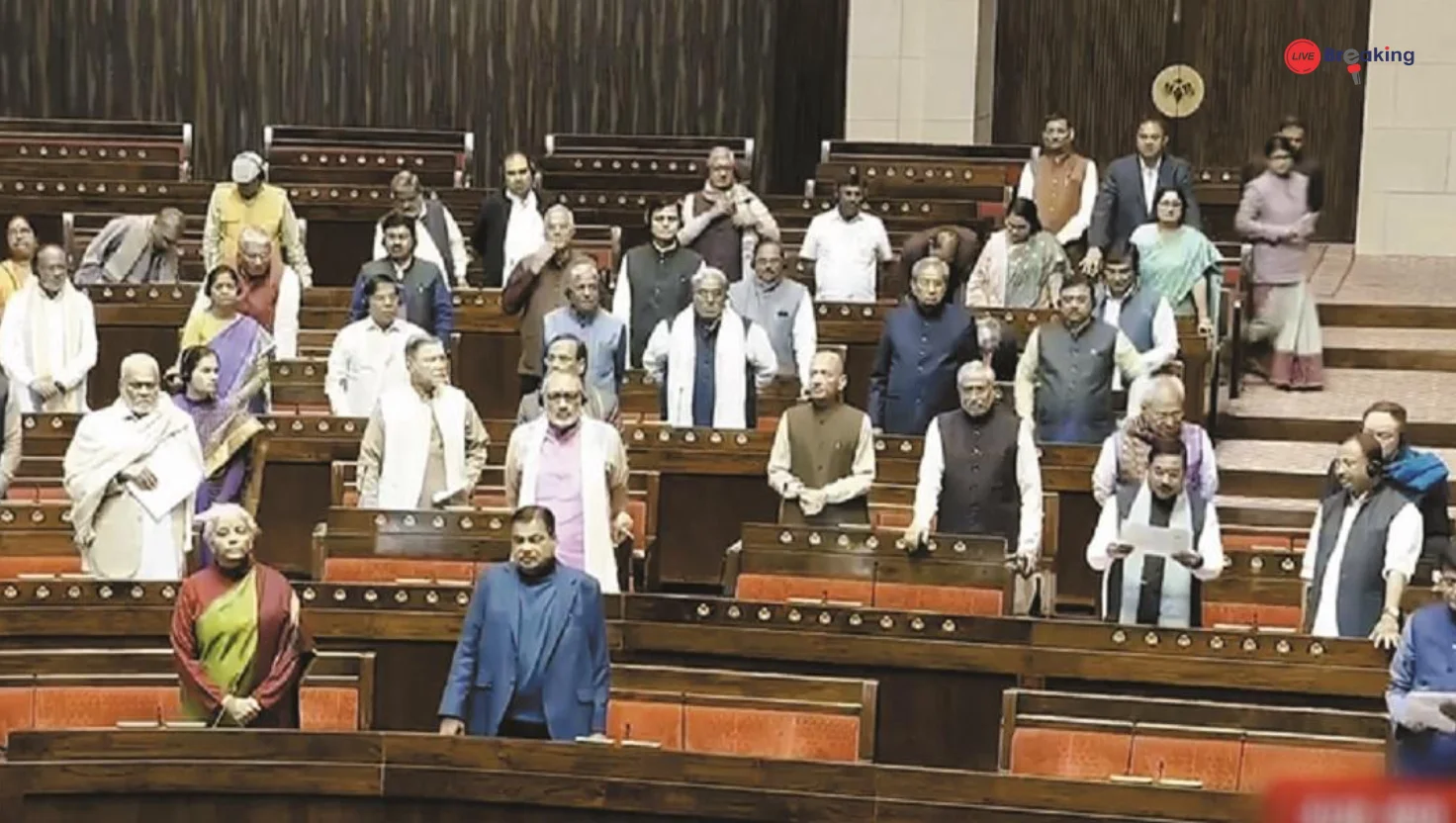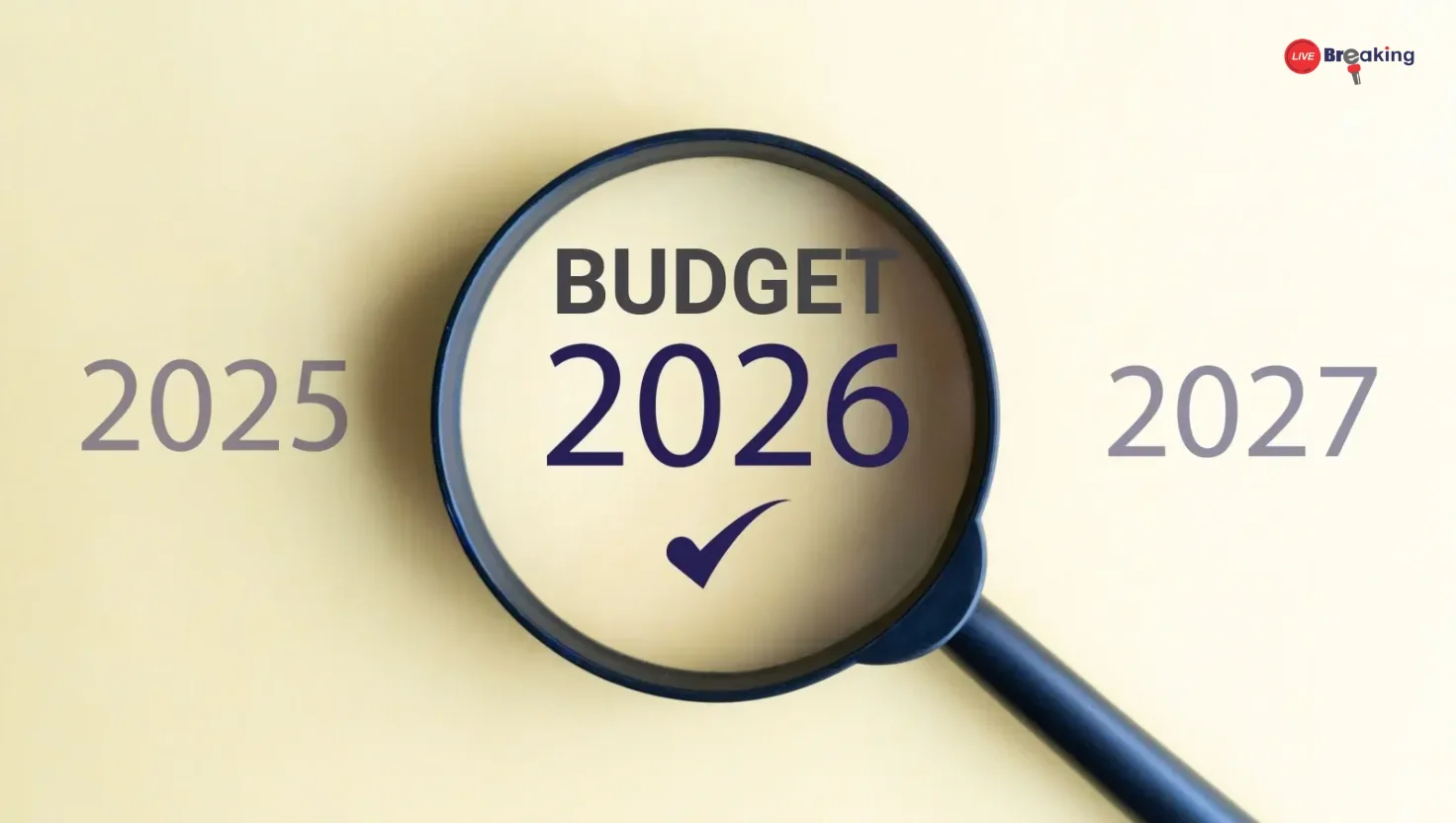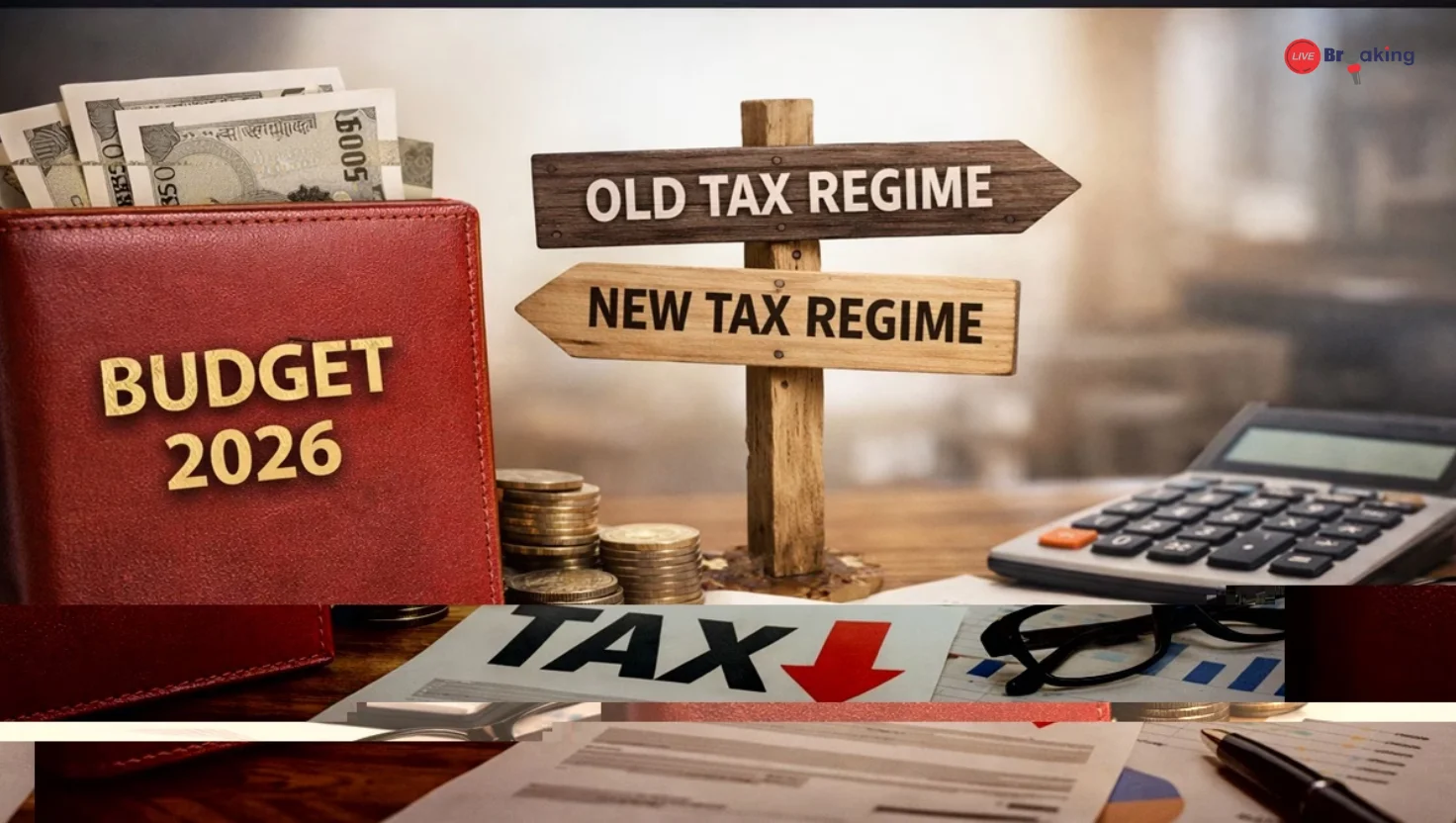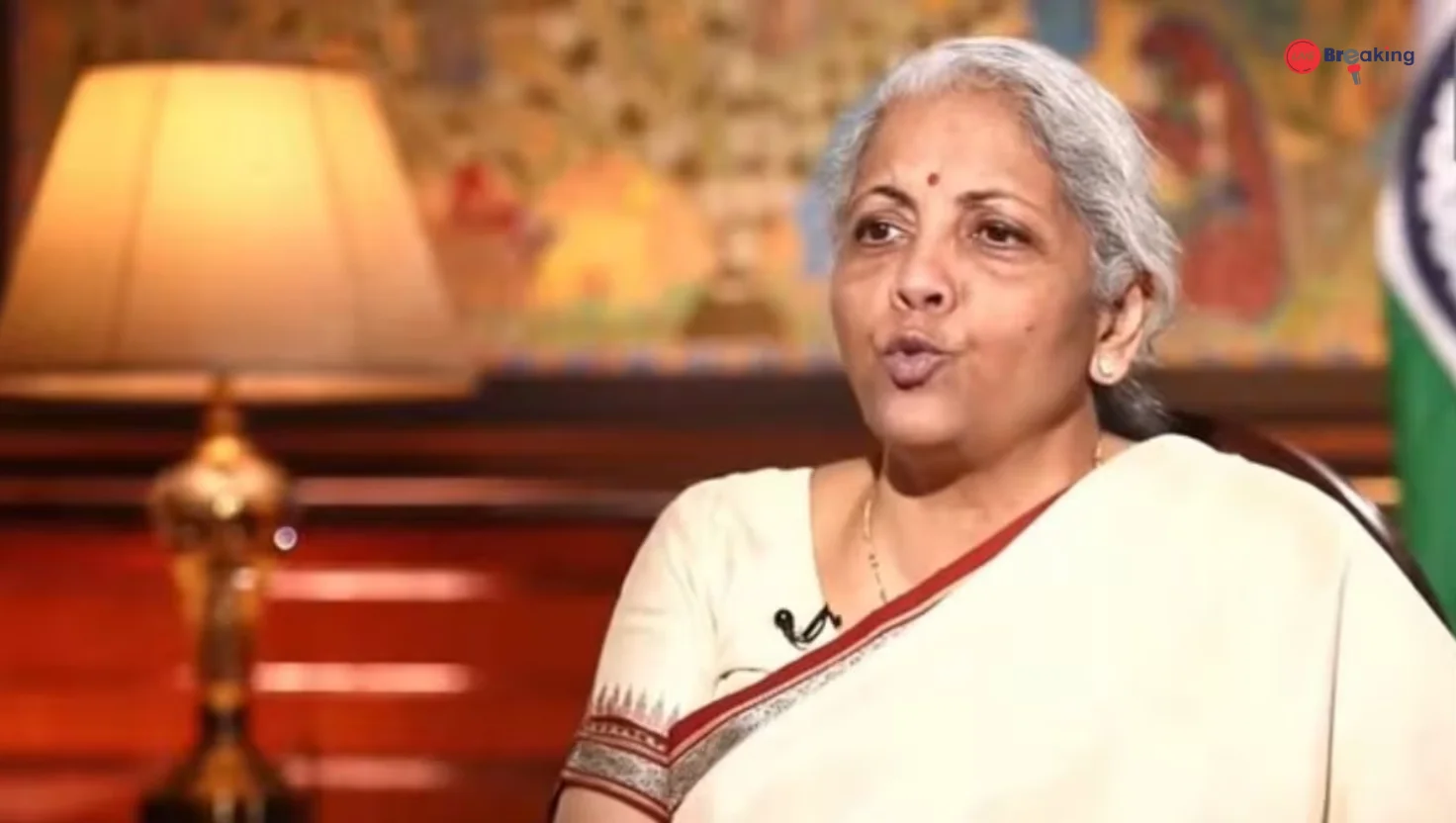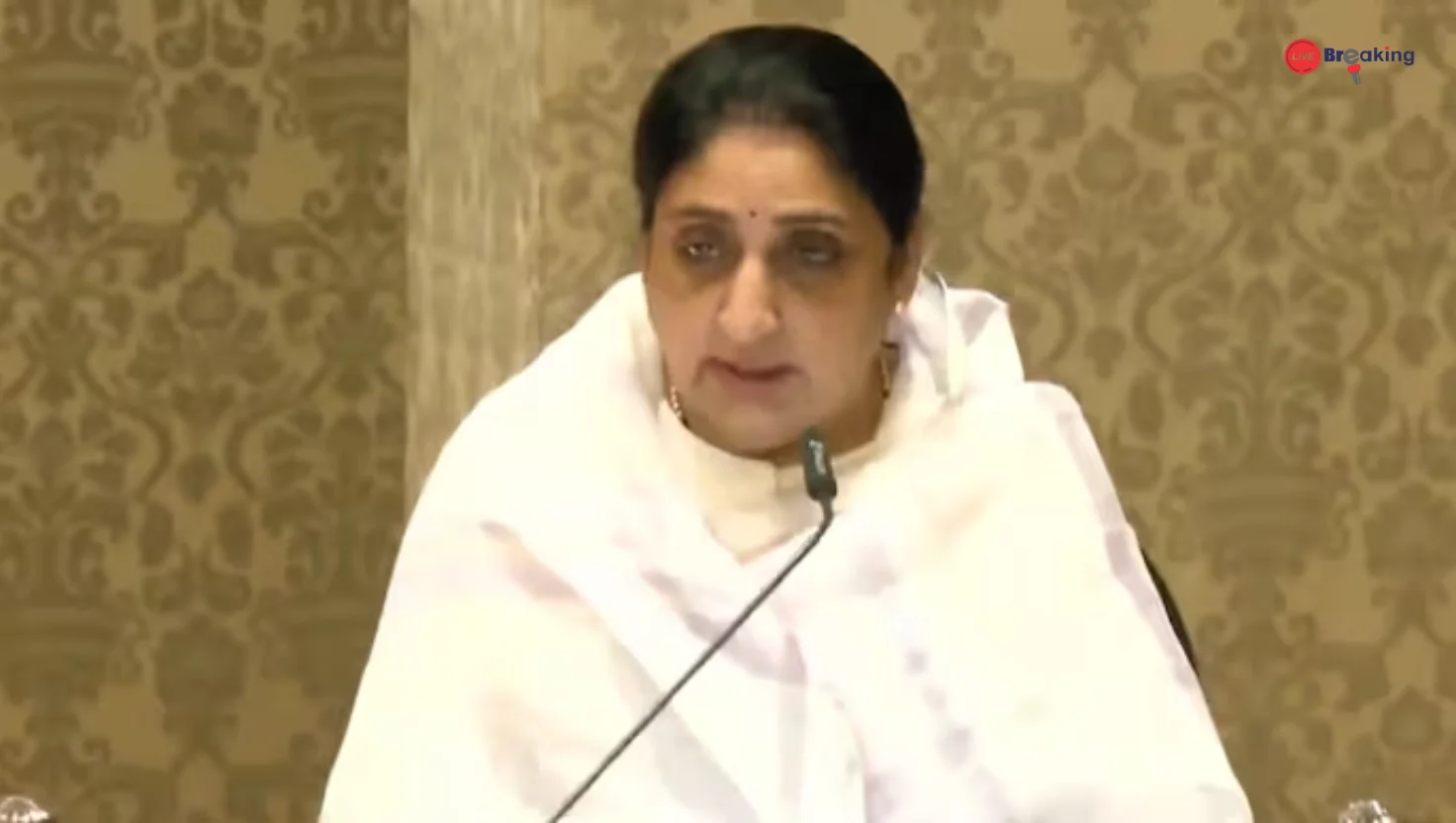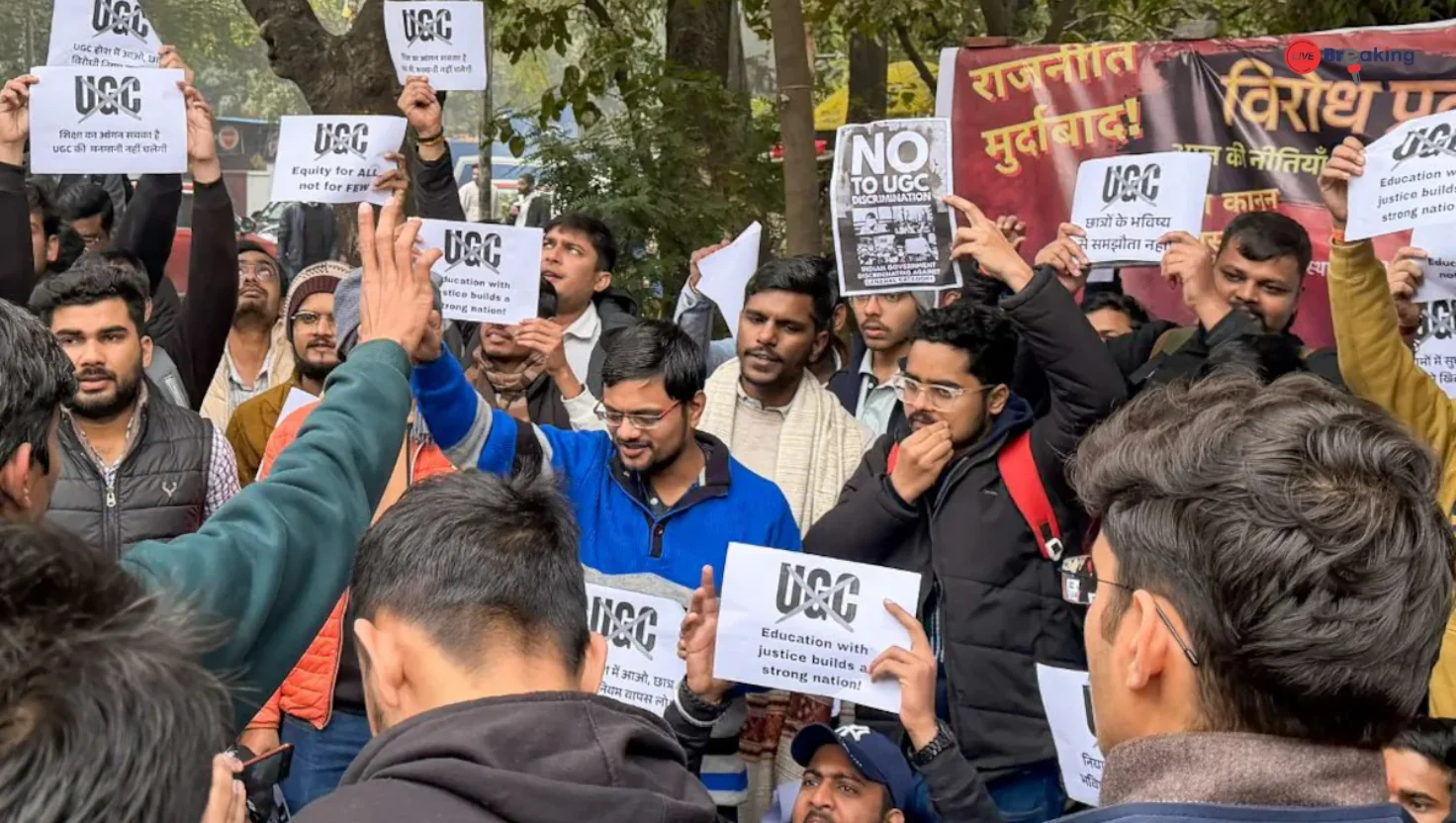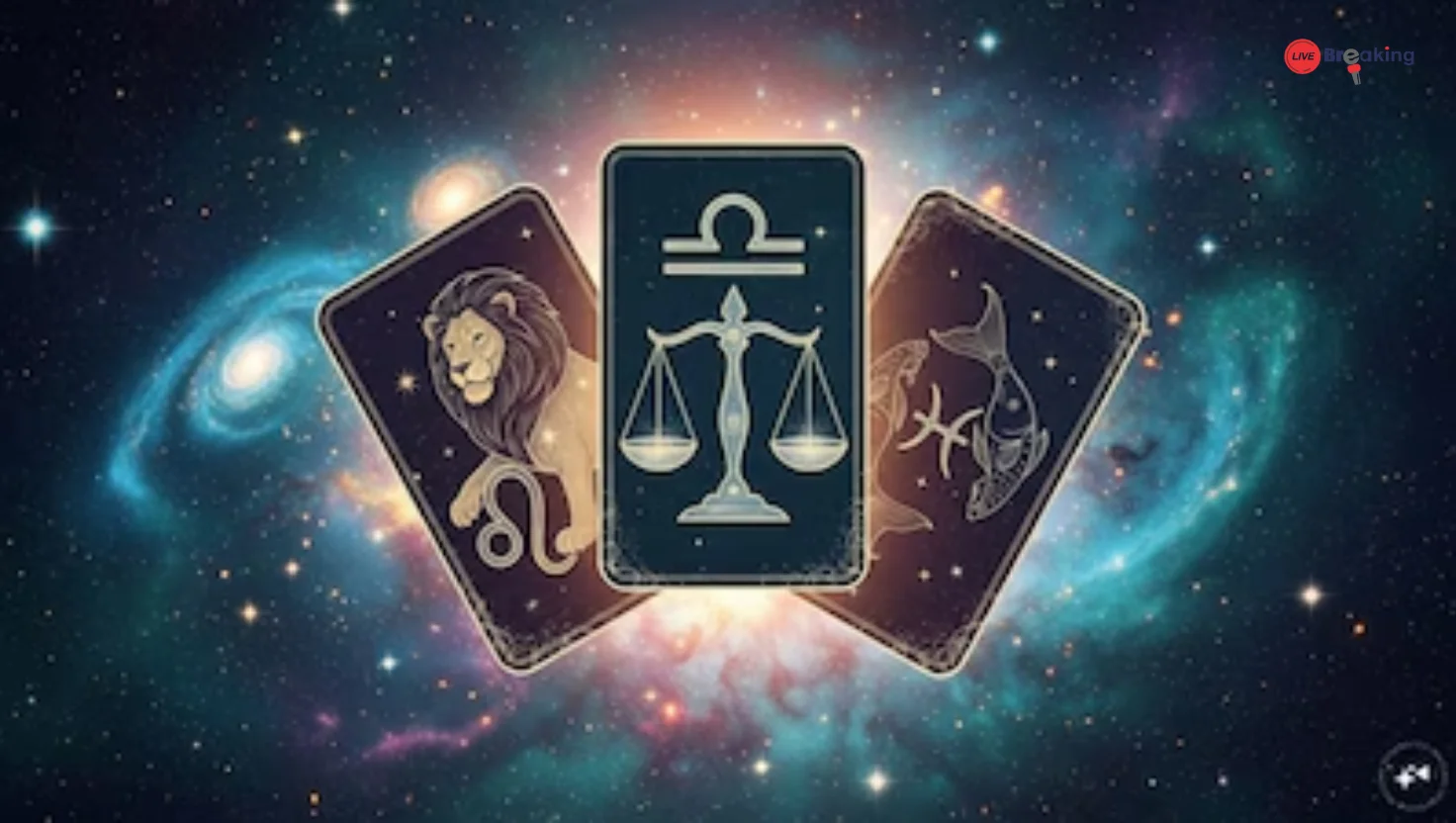“Delhi On Phone With Putin”: NATO Chief’s Big Claim Over US Tariff Impact
The already volatile mix of global trade politics and strategic alliances took another dramatic turn when the NATO chief hinted that India may have reached out to Russian President Vladimir Putin amid the uproar over sweeping U.S. tariffs. The comment, made in the backdrop of Washington’s new 100% tariff on pharmaceutical imports, has triggered speculation about how countries are recalibrating their diplomatic channels to safeguard economic and geopolitical interests.
The Context: A Tariff Shock with Global Repercussions
The United States recently announced a steep 100% tariff on pharmaceutical imports effective October 1. Marketed as part of a broader protectionist agenda aimed at boosting domestic manufacturing, the decision has stirred unease in both developed and developing economies. India, as one of the world’s largest suppliers of generic medicines to the U.S., finds itself at the center of the storm.
For New Delhi, the tariff is more than just an economic hurdle. It has implications for healthcare accessibility in the U.S., profitability of Indian pharma companies, and the broader India-U.S. trade partnership. At the same time, the move has opened up geopolitical questions, as allies and competitors alike seek to position themselves in the shifting landscape.
NATO Chief’s Remark Raises Eyebrows
Against this backdrop, the NATO chief’s statement suggesting that Delhi may have directly engaged with Moscow over the tariff fallout has stirred intense debate. While the details of such a communication remain unclear, the mere hint of it underscores the delicate balancing act India is navigating in its foreign policy.
For NATO, which views Russia through the lens of long-standing security challenges, the idea of India consulting Putin over trade tensions linked to U.S. policy is noteworthy. It suggests that global tariff wars are not just economic issues but also matters that ripple into the sphere of security and alliances.
India’s Balancing Act Between Washington and Moscow
India has historically maintained strong defense and energy ties with Russia, even as it has deepened strategic and economic cooperation with the United States in recent years. The suggestion of a Delhi-Putin call indicates how India continues to hedge its bets, leveraging old partnerships while navigating newer alignments.
-
Strategic Autonomy: India has long championed the idea of an independent foreign policy, refusing to be boxed into rigid alliances. Engaging Moscow amid tariff tensions may be a way to underline that stance.
-
Energy and Defense Dependencies: Russia remains a key partner in defense supplies and energy projects, giving Moscow a crucial role in India’s broader security calculus.
-
Diplomatic Signaling: Reaching out to Putin, or even being perceived to do so, sends a message to Washington that India has alternative channels to manage the fallout of U.S. decisions.
Tariffs as a Catalyst for Geopolitical Realignments
The NATO chief’s remark underscores how economic policies like tariffs are no longer limited to trade disputes. They have become catalysts for geopolitical shifts. Washington’s tariff move, designed to support domestic industries, is inadvertently reshaping conversations across continents.
Read more: Supreme Court Bench Highlights Human Limits While Hearing Urgency Request
-
Europe’s Perspective: NATO, with its Atlantic focus, sees the tariff issue not just as an American economic decision but as a trigger for wider global ripples, including India’s interactions with Russia.
-
Russia’s Leverage: Moscow could use the tariff turmoil to strengthen ties with India, offering assurances or alternatives that contrast with Washington’s hardline stance.
-
India’s Leverage: For Delhi, the ability to engage both the U.S. and Russia at critical moments enhances its global standing as a key swing player.
What It Means for India’s Pharma Industry
While the NATO chief’s claim revolves around geopolitics, the heart of the issue remains economic. India’s pharmaceutical industry stands to lose billions if the U.S. tariffs come into effect without exemptions. Companies may face reduced competitiveness, shrinking profit margins, and challenges in maintaining their dominant share of the American generics market.
Engaging Russia, in this context, could be a move to explore collaborative ventures in alternative markets, such as Eurasia or Africa, where Moscow maintains strong influence. Such diversification would help Indian firms reduce overdependence on U.S. exports.
The Road Ahead
The suggestion of a Delhi-Putin call highlights how trade turmoil can accelerate diplomatic maneuvering. Whether or not such a conversation actually took place, the perception itself reflects the fluidity of today’s geopolitical order.
Read more: 100% Tariff Shock: Trump Targets Pharma Imports, India’s Exports at Risk
For India, the path forward is complex:
-
Negotiating with Washington for possible exemptions or phased implementation of tariffs.
-
Deepening partnerships with alternative markets, possibly with Russian facilitation.
-
Maintaining its global image as a reliable yet independent partner that does not bow entirely to one power bloc.
Conclusion
The NATO chief’s hint about a possible Delhi-Putin call amid the U.S. tariff crisis underscores how interconnected trade and geopolitics have become. What begins as an economic policy in Washington reverberates across NATO corridors, Moscow’s Kremlin halls, and New Delhi’s diplomatic offices.
India’s challenge — and opportunity — lies in turning this turbulence into leverage, balancing its strategic partnerships while safeguarding economic interests. As October 1 draws closer, the world will be watching not just the tariffs but also the quiet phone calls that may shape the future of global alignments.

